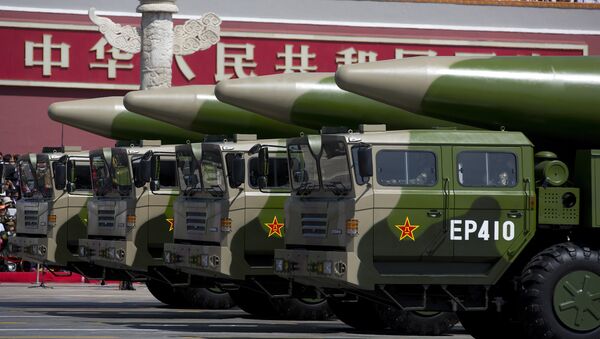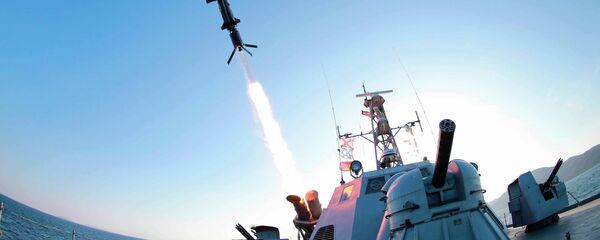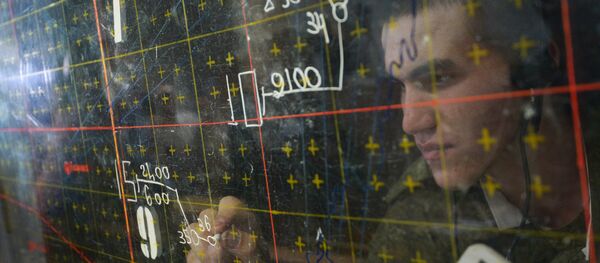Last month, the United States and South Korea concluded an agreement to deploy the US Terminal High Altitude Area Defense (THAAD) missile defense system on South Korean territory. Washington cited increased tensions on the peninsula over North Korea's nuclear and missile program for the deployment.
Late last week, the People's Daily issued a scathing criticism of the US move, warning that China and Russia would be forced to take "unexpected" but justified "countermeasures that the US and South Korea cannot afford."
"These actions," the paper emphasized, "are aimed at protecting [China and Russia's] own security interests and guard[ing] the global strategic balance in international relations."
Beijing, People's Daily recalled, considers the stability of the Korean Peninsula absolutely vital to the security of Northeast Asia; accordingly, Beijing has done everything possible to prevent the deterioration of the security situation, including through initiatives to denuclearize the region and to assist in the normalization of relations between the conflicting parties.
Ultimately, People's Daily emphasized that China and Russia "don't want to see a Northeast Asia trapped in another Cold War or another arms race. However, a sound international relationship requires the efforts of all concerned sides." Therefore, the paper noted, "if the US and South Korea are stiff-necked in the THAAD plan despite the warning from China and Russia, they have to pay the price caused by their presumptuous deed."



